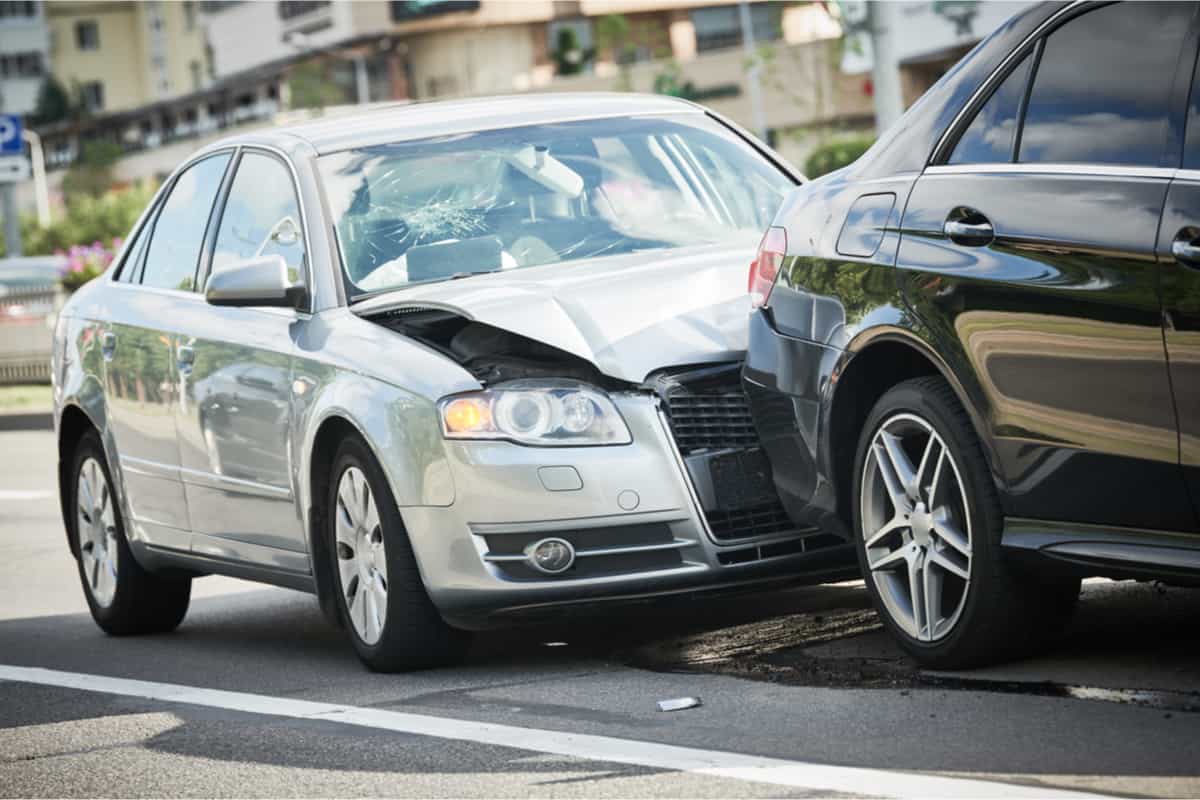
Although any type of car accident can affect a victim’s life, a catastrophic injury accident will often leave victims struggling with life-changing injuries that will forever change their ability to live, work, and enjoy the relationships around them.
However, as a victim of this devastating accident, you should not have to endure these disastrous consequences on your own, especially if they are due to another individual’s negligent or wrongful actions. Instead, you need legal help to get you through this challenging time and help you fight for the compensation and justice you deserve. That is why in this blog post, we will go over everything you need to know about catastrophic injuries and the actions you need to take if you ever find yourself in this situation.
What is a Catastrophic Injury?
A catastrophic injury is often defined as an injury with serious, life-altering consequences, which often results when a person loses a vital part of their body or function. As a result, these catastrophic injuries often require surgery or other extensive forms of treatment.
Most catastrophic injuries can be broken up into three types, including:
Although catastrophic injuries often result in debilitating harm, they also lead to:
Following a car crash, the scene can get quite chaotic and stressful. However, as a victim involved in this collision, it is essential that you take action since the steps you take after this crash can not only protect your safety but your legal rights as well. That is why following a catastrophic injury car accident, you need to consider doing the following:
After a car crash, if you are facing catastrophic injuries, you may not be able to move from the scene of the crash. However, if you can, you need to make sure you get to a safe location immediately.
In addition, you will also want to contact 911 or have someone else call. This is the fastest way to get the accident on record and notify the authorities that you and others need immediate medical help. Once the police arrive, they can investigate the crash and document their findings in their police report. If you decide to pursue an injury claim following this car collision, this report can provide you with valuable evidence.
Even if you feel fine after the accident, you should still get examined by a medical professional as soon as possible. This is because serious injuries such as traumatic brain injuries can take some time to develop, and symptoms may not be immediately apparent. However, the longer you wait to get medical help, the more fatal this condition can become. Therefore, you must seek medical treatment immediately.
Additionally, this prompt medical treatment can be helpful to your claim. Following an accident, the insurance company will try to do anything they can to deny your case or get you less money than you deserve. For these reasons, when you do not get a medical evaluation after your car crash, the insurer will argue that your injuries are not that serious or a result of a subsequent event. Thankfully, when you have a doctor check you over, they can write down information regarding your injuries in their medical report and provide you with evidence of a direct link between the harm you sustained and the car accident.
If you want to bring a successful injury claim, you need to be able to provide strong legal arguments and detailed, relevant evidence proving what happened and who was at fault for your crash. That is why after your accident if you are capable of doing so, try to gather as much evidence from the crash scene as you can. This evidence should include photos and videos of your visible injuries, the cars involved in the crash, their placement on the roads, skid marks on the street, traffic signals near the area, the weather conditions at the time of the accident, and any other details that can help show what happened.
However, if your injuries prevent you from getting this evidence, do not worry. You can always ask your family members or a friend to collect some of this evidence for you. Plus, when you hire an experienced catastrophic injury accident lawyer to take on this claim, they can secure this documentation and evidence during the investigation process.
After the collision, you need to be careful what you say to others. This means you want to avoid making any definitive statements about the crash, apologize for anything that happened, or take the blame for anything that occurred. These types of messages can come back and hurt your case, impacting the amount of money you can get.
If there were people at the scene who witnessed the accident, make sure you get their names and numbers. These individuals can not only provide you with valuable details regarding the incident, but they can also substantiate your claim.
When you suffer a catastrophic injury following a motor vehicle accident, it can feel like your whole life has been turned upside down. Not only are you no longer able to do the things you once loved, participate in activities with your family, or even work, but on top of it all, you may be on the hook for astronomical medical costs as a result of this injury.
That is why in this situation, you need experienced legal help on your side, fighting on your behalf and going after the damages and justice you deserve. Thankfully, when you retain an experienced catastrophic injury lawyer, these attorneys can verify whether you have a viable claim, determine the legal options you can pursue, and provide you the legal advice you need during this challenging time. In addition, they can also make sure to investigate the crash thoroughly and secure the evidence required to prove fault and damages, so you can go after the financial recovery you are entitled to.
For these reasons, if a catastrophic injury disrupted your life or the life of a loved one, contact Charbonnet Law Firm, LLC today for a free case evaluation or call us at (504) 294-5075 and let our skilled catastrophic injury lawyers show you how we can fight for your rights.

With over 50 years of legal experience serving families in the New Orleans area and surrounding Louisiana communities, our firm takes pride in providing clients with personalized legal services tailored to individual needs.